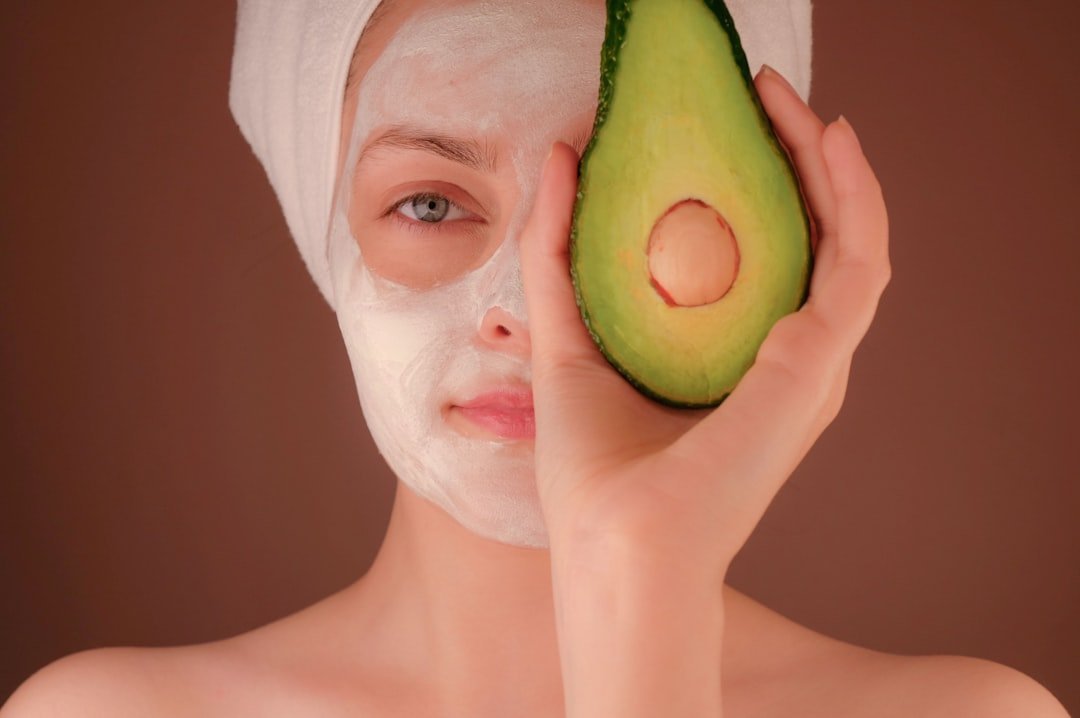FAQ
How do dermatologists diagnose skin problems?
Dermatologists use various tests to diagnose skin issues, including rashes, allergies, cancerous cells, and non-cancerous growths. For allergy testing, they may scratch the skin, inject a small amount of the suspected allergen, or apply an allergen patch to observe your reaction. To identify infections or chronic conditions like psoriasis or rosacea, they might conduct additional tests. If you have suspicious moles or growths, a biopsy is often performed to check for cancer before recommending treatment.
How do dermatologists diagnose skin problems?
Dermatologists use various tests to diagnose skin issues, including rashes, allergies, cancerous cells, and non-cancerous growths. For allergy testing, they may scratch the skin, inject a small amount of the suspected allergen, or apply an allergen patch to observe your reaction. To identify infections or chronic conditions like psoriasis or rosacea, they might conduct additional tests. If you have suspicious moles or growths, a biopsy is often performed to check for cancer before recommending treatment.
Do I need a referral to see a dermatologist?
In many cases, you can schedule an appointment with a dermatologist without needing a referral from another doctor. However, it's important to note that some insurance plans require a referral for coverage of specialist visits, including dermatology. It's best to check with your insurance provider to understand your specific coverage and any requirements regarding referrals. If you're unsure, you can also contact the dermatologist's office, and they can help you navigate the referral process if needed.
How much will it cost to see the dermatologist?
The cost of a dermatologist visit can vary depending on factors like your location, the complexity of your condition, and whether you have insurance. It's best to contact the dermatologist's office or your insurance provider for specific cost information.
I have a weird mole, could it be skin cancer?
It's important to have any unusual or changing moles checked by a dermatologist. While not all moles are cancerous, a dermatologist can perform a biopsy if necessary to determine if it's skin cancer.
Do I need to get yearly checks for skin cancer?
Regular skin checks are recommended, especially if you have a history of skin cancer or a high risk factor. Your dermatologist can advise you on the frequency of these checks based on your individual risk factors.
Will my rash go away on its own?
Some rashes may go away on their own, but it's important to have persistent or severe rashes evaluated by a dermatologist. They can determine the underlying cause and recommend appropriate treatment.
What causes acne?
Acne is caused by a combination of factors, including excess oil production, clogged pores, bacteria, and inflammation. Hormonal changes, certain medications, and genetics can also play a role in acne development.
Can certain foods affect my skin's health?
Yes, certain foods can impact your skin's health. Foods high in sugar or refined carbohydrates may contribute to acne and skin aging. On the other hand, foods rich in antioxidants, such as fruits and vegetables, can help protect your skin from damage and maintain its health. Drinking plenty of water can also keep your skin hydrated and healthy-looking.
Did you know?
-
It covers an area of about 20 square feet on average.
-
UV rays can penetrate clouds and cause skin damage even on overcast days.
-
Managing stress through relaxation techniques like yoga or meditation can help improve your skin.
-
Certain skin changes may indicate conditions like diabetes or liver disease.
-
A balanced diet rich in vitamins and minerals can nourish your skin from within, promoting a healthy complexion. Foods like fruits, vegetables, and whole grains provide essential nutrients that support skin health and can help maintain its natural glow.
-
Exercise increases blood flow, which can help nourish skin cells and keep them healthy.
-
Each follicle can grow multiple hairs over your lifetime, and the color and texture of your hair are determined by the melanin produced in these follicles. Additionally, hair growth occurs in cycles, with each strand of hair going through phases of growth, transition, and resting.
-
Nail growth is influenced by factors such as age, genetics, and overall health. Nails are made of a protein called keratin, the same protein found in hair and skin, and they serve a protective function for the tips of our fingers and toes.

